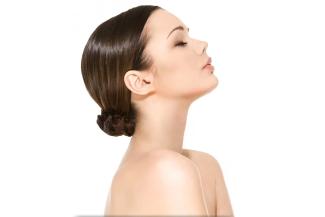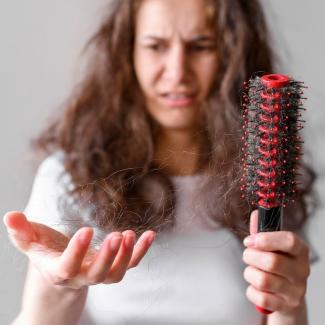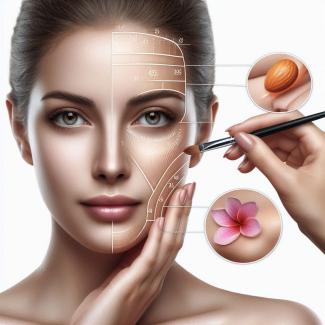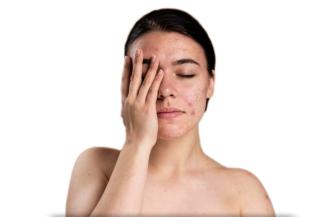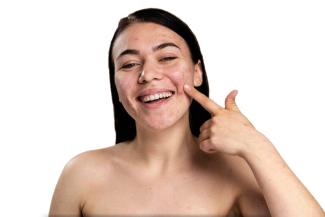
Getting rid of acne quickly can be challenging, as it often takes time for acne to heal. However, there are several steps you can take to help speed up the process and reduce the appearance of acne:
- Keep Your Face Clean:
- Wash your face with a gentle cleanser twice a day to remove excess oil, dirt, and dead skin cells.
- Avoid scrubbing your face too vigorously, as this can irritate the skin and worsen acne.
- Don't Squeeze or Pop Pimples:
- Popping pimples can lead to scarring and worsen inflammation.
- Use Topical Acne Treatments:
- Over-the-counter (OTC) acne products containing ingredients like benzoyl peroxide, salicylic acid, or alpha hydroxy acids can help reduce acne. Follow the product instructions carefully.
- Prescription Medications:
- If OTC treatments don't work, consider seeing a dermatologist who can prescribe stronger medications like topical retinoids, antibiotics, or oral contraceptives (for hormonal acne).
- Spot Treatments:
- Apply a spot treatment containing benzoyl peroxide or salicylic acid directly to the pimple.
- Diet and Hydration:
- Drink plenty of water and maintain a balanced diet. Some people find that certain foods, like dairy or high-sugar foods, can worsen acne. Pay attention to your diet and its potential impact on your skin.
- Avoid Touching Your Face:
- Keep your hands off your face, as they can transfer dirt and bacteria to your skin.
- Use Non-Comedogenic Products:
- Choose makeup and skincare products labeled "non-comedogenic" to avoid clogging your pores.
- Change Your Pillowcases:
- Regularly change your pillowcases to prevent the buildup of oils and bacteria.
- Manage Stress:
- Stress can exacerbate acne. Practice stress-reduction techniques such as meditation, yoga, or deep breathing exercises.
- Gentle Exfoliation:
- Exfoliate your skin 1-2 times a week to remove dead skin cells and prevent clogged pores. Avoid harsh exfoliants that can irritate the skin.
- Sun Protection:
- Use a non-comedogenic sunscreen to protect your skin from the sun, as some acne treatments can make your skin more sensitive to UV rays.
- Avoid Irritants:
- Be cautious with harsh or fragranced skincare products that can irritate the skin.
Remember that acne treatment is not one-size-fits-all. What works for one person may not work for another. It's important to be patient and consistent with your chosen treatment, as it can take several weeks to see significant improvement. If your acne is severe or doesn't improve with OTC treatments, consult a dermatologist for personalized advice and potential prescription medications.


